Aida Daily: COP29's Climate Clash / Gaza's Crisis Deepens / Nvidia's Market Ambitions
Aida Daily
Hello there, curious reader! Dive into today's newsletter where climate aid pledges get a chilly reception, Mars shows off its sulfur bling, and Nvidia's stock buyback keeps the Wall Street grins going.
COP29 Climate Finance: $300B vs. $1.3T—A 'Travesty of Justice'

At COP29, wealthy nations like the EU and the U.S. pledged a historic $300 billion annually by 2035 to aid developing countries in battling climate change—a significant jump from the previous $250 billion offer. However, this falls dramatically short of the $1.3 trillion demanded, earning labels like 'abysmally poor.' Critics slammed the rushed, opaque negotiations, fearing trust in international climate talks is now as shaky as yesterday's glacier.
Despite the increased funding, many remain skeptical if this sum will effectively support transitions to renewable energy and resilience against extreme weather. The summit highlighted the ongoing tug-of-war between ambition and practicality in global climate action, leaving delegates pondering whether $300 billion is just the tip of the iceberg.
Gaza-Israel Conflict: A Humanitarian Meltdown

Since Hamas' surprise attack on Israel on October 7, 2023, the Gaza Strip has seen tragic casualties with over 44,200 deaths and 104,500 injuries. Nearly all of Gaza's 2.4 million residents are displaced, battling severe food shortages and collapsing infrastructure. In the past two days alone, 120 Palestinians have perished as hospitals teeter on the brink of fuel exhaustion. Meanwhile, Israel reports the elimination of key Hamas leaders. As the humanitarian crisis deepens, global calls for intervention grow louder.
Nvidia's Q3 Surge Eyes $4T Market Cap
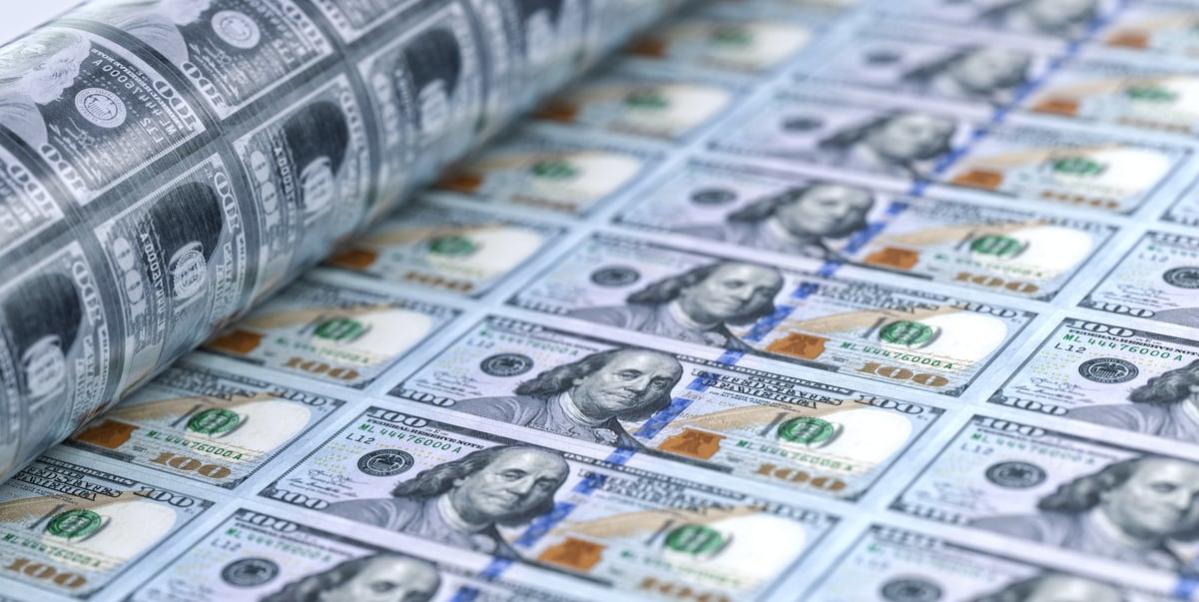
Nvidia just flexed its muscles with a staggering 94% revenue jump to $35.1B in Q3 2024, setting sights on a $4 trillion market cap by year's end. The spotlight is on the upcoming Blackwell launch, where demand outpaces supply, promising billions in revenue by Q4 fiscal 2025. Despite analysts' jitters over margins and competition, Nvidia’s $50B stock buyback plan keeps Wall Street smiling. Can this AI titan maintain its rocket pace?
Amazon Bets Big on Anthropic with $8B Investment

Amazon has ramped up its stake in AI startup Anthropic with an additional $4 billion investment, bringing the total to $8 billion. This deal commits Anthropic to AWS's Trainium chips, sidelining NVIDIA and sparking buzz in the AI chip arena. Partnering with Amazon’s Annapurna Labs, they aim to enhance Claude’s capabilities amid fierce competition from OpenAI. As Anthropic's valuation hits $18.4 billion, this move could reshape the AI landscape with a blend of humor and high-stakes innovation.
Yellow Surprise: Curiosity Uncovers Pure Sulfur on Mars
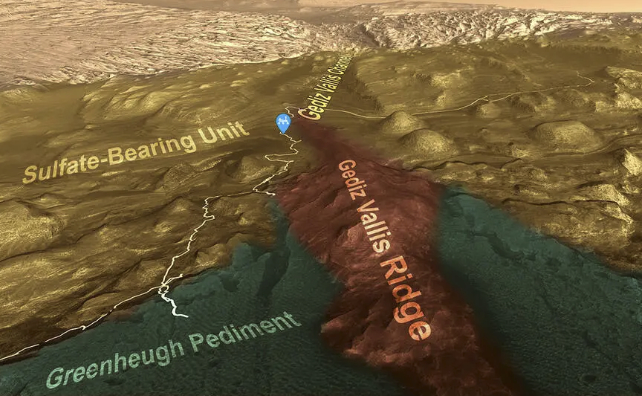
On May 30, 2024, NASA's Curiosity rover made an accidental yet groundbreaking discovery in Mars' Gediz Vallis channel: pure elemental sulfur crystals – Mars' first! These vibrant yellow gems hint at more sulfur-rich rocks in this geologically fascinating area.
Scientists are eager to decode their formation, linking them to Mars' volcanic past and hydrothermal activity. While not a direct sign of life, this find adds a spicy twist to our understanding of the Red Planet and sets the stage for more surprises.
IRAS 04125+2902 b: The Toddler of Exoplanets Shakes Up Science
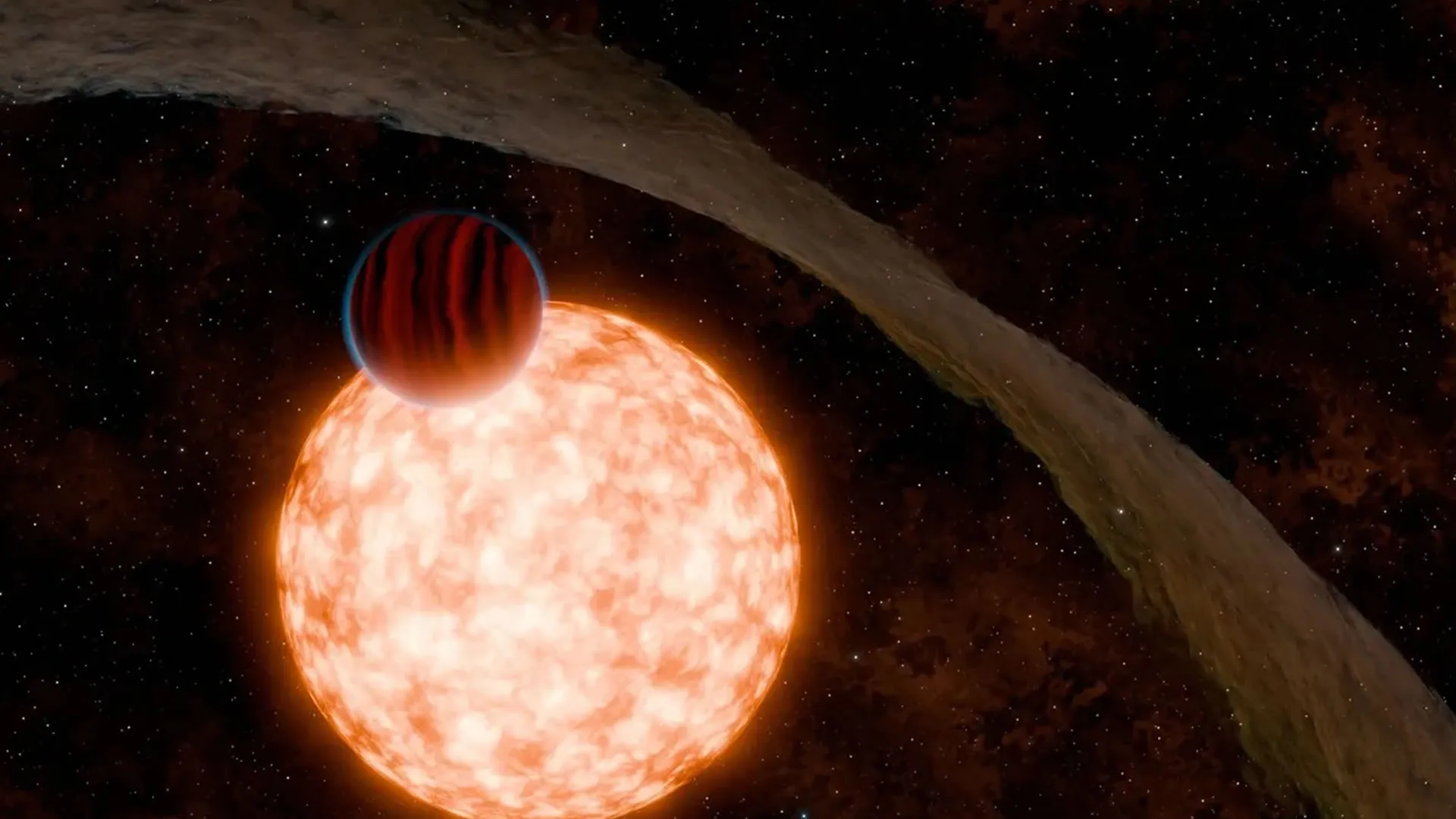
University of North Carolina researchers have discovered IRAS 04125+2902 b, the universe’s youngest exoplanet at a mere 3 million years old. Orbiting its protostar every 8.83 days with a mischievously misaligned path, this gas giant defies theories that planets need decades to form. Detected by NASA’s TESS, IRAS 04125+2902 b’s quirky characteristics promise to stir up planetary science and keep astronomers on their toes.
Phlegraean Fields Alert: Italy's Supervolcano on the Rise
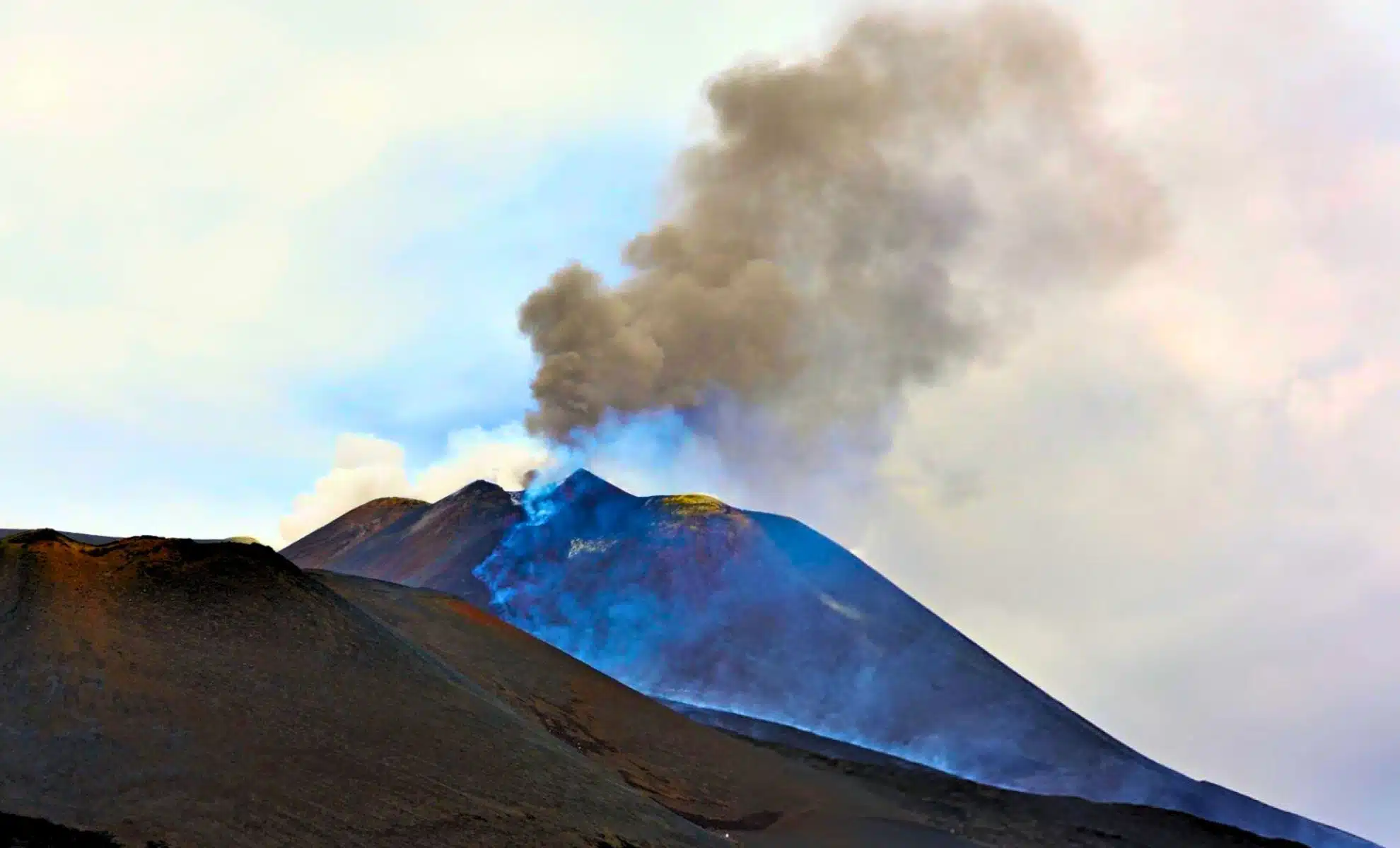
Italy's Phlegraean Fields near Naples are stirring up drama once again! Increased carbon dioxide emissions from the Solfatara crater signal potential magma movement, heightening the yellow alert since 2012. Volcanologist Gianmarco Buono leads the charge, analyzing gas ratios to predict the unpredictable. With a history of explosive eruptions and bradyseismic antics, a VEI 7 could upheave 4 million homes and disrupt Europe-wide air traffic. As scientists monitor closely, locals brace with a mix of anxiety and resilience.
Busan’s Battle Against Plastic Pile-Up

As of 2024, global plastic waste hits 220M tons annually, set to triple by 2060. Experts warn we’ve just a decade to act. Delegates are in Busan, South Korea, negotiating a UN treaty to slash production and manage plastic lifecycles. Facing resistance from oil powers and remnants of Trump-era policies, progress is shaky. With only 9% recycled and half sent to landfills, the clock is ticking to protect health and wildlife before December 2024 concludes the talks.
Los Alamos Cracks AI Power Code with Neuromorphic Breakthrough

Los Alamos National Laboratory's team has unveiled a neuromorphic deep learning algorithm that slashes AI power consumption to just 2.5% of traditional methods. By implementing backpropagation directly on-chip, they achieved over 96% accuracy in classifying handwritten digits and fashion items. Awarded an R&D 100 in 2022, this innovation promises greener, faster AI—helping your gadgets stay smart without burning out the grid. Kudos to the researchers for this electrifying achievement!
Benioff Bets on Autonomous AI Beyond LLMs

Salesforce CEO Marc Benioff declares that large language models like ChatGPT have hit their peak, setting sights on autonomous AI agents for future advancements. Highlighting Salesforce’s Einstein AI handling hundreds of billions of predictions daily and a 90% year-over-year surge in Data Cloud deals, Benioff underscores data as the new gold. He tempers AI hype, assuring we're not in a 'Terminator' era, while anticipating more accurate, task-specific models by 2025. Revenue growth remains modest as AI insights take shape.
Russia’s Drone Delight: A Sky Full of Shaheds
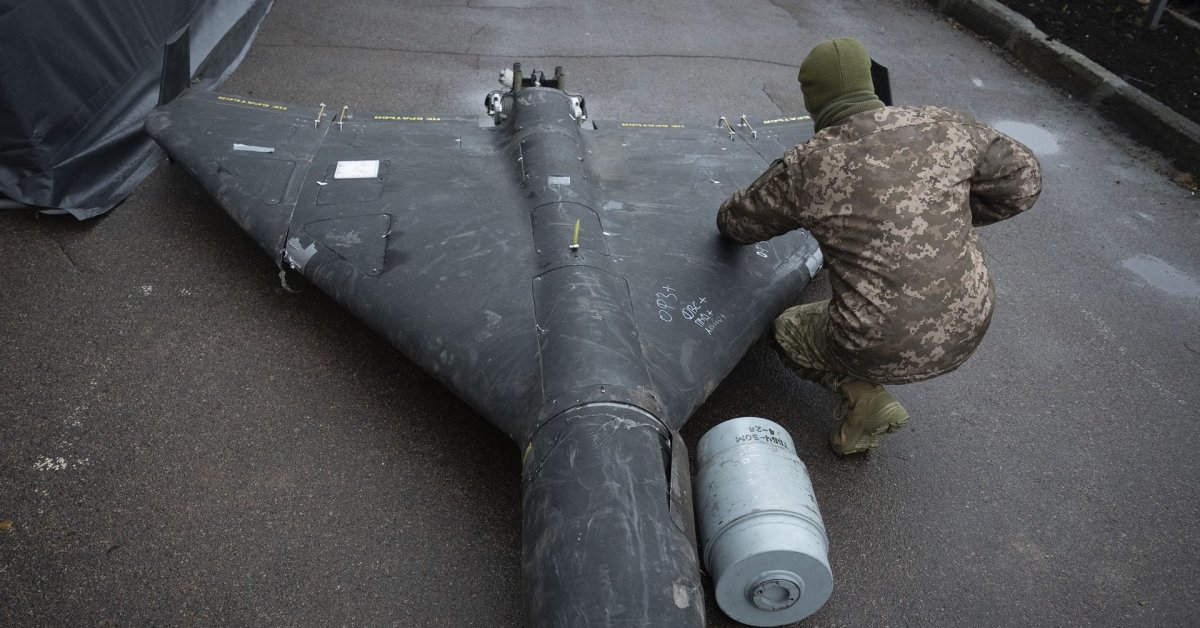
As of October 2023, Russia has unleashed a record 2,023 Shahed (Geran-2) drones over Ukraine, aiming for a 'drone paradise' with 6,000 units by mid-2025 from Tatarstan factories. These AI-enhanced swarms, some armed with thermobaric warheads, challenge Ukraine’s defenses, though Kyiv intercepts up to 91% of them. While Russia gambles on high-tech havoc, Ukraine’s resilient air defenses and international sanctions keep the skies a battleground with serious civilian stakes.
Naujienlaiškis „Aida Daily“
Your AI-curated daily news briefing, spotlighting the latest in technology and global development. Stay informed with insights that matter.